8 Characteristics Of A Great Teacher
What makes a teacher strong?
What differentiates the best from the rest? There’s no shortage of bodies (some dramatically misguided) attempting to solve this riddle. The answers are nebulous at best. Below is a list of traits, some of which may be familiar but many of which will never show up on any sort of performance review. Check them out and see what you think.
1. They Demonstrate Confidence
Confidence while teaching can mean any number of things, it can range from having confidence in your knowledge of the material being learned to having confidence that your teaching acumen is second to none. Though these two (and many other) “confidences” are important the most critical confidence a teacher can have is much more general, and tougher to describe than that.
It’s the confidence that you know you’re in the right spot doing what you want to be doing and that no matter what transpires, having that time to spend with those young learners is going to be beneficial both for them and for yourself. It’s clear to students when teachers exude this feeling. Working in schools is difficult and stressful, and also immensely rewarding. But if you’re not confident that you’re in the right place when you’re teaching…you’re probably not.
They understand that learning is not a neat and tidy activity and that adhering too closely to rules and routines can drain from students the natural curiosity, spontaneity and passion that they bring to school. Worrying about what the boss may think can be draining and restrictive in any job, teaching is no exception.
In fact, the best teachers live by the code “It’s easier to get forgiveness than permission.”
Learn more:
https://gustmees.wordpress.com/2015/07/19/learning-path-for-professional-21st-century-learning-by-ict-practice/
http://www.scoop.it/t/21st-century-learning-and-teaching/?tag=Rise+of+the+Professional+Educator



 Your new post is loading...
Your new post is loading...

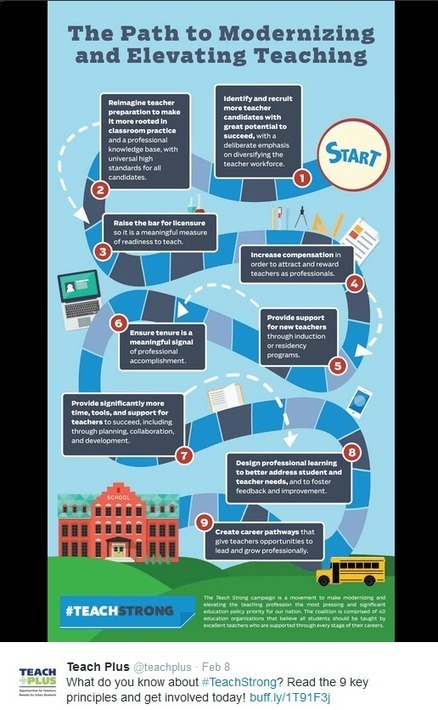

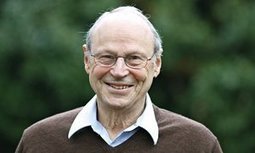


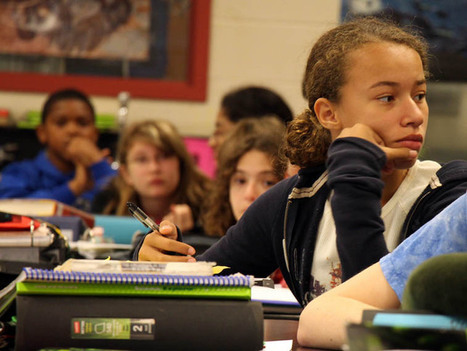


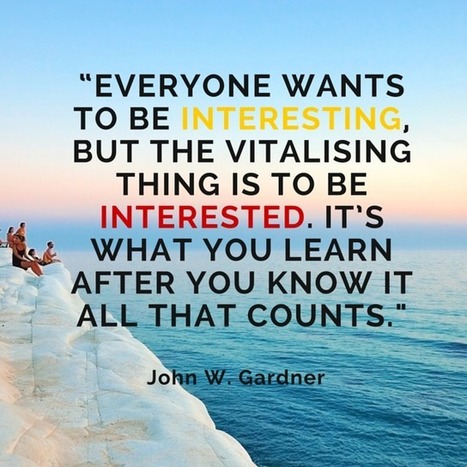

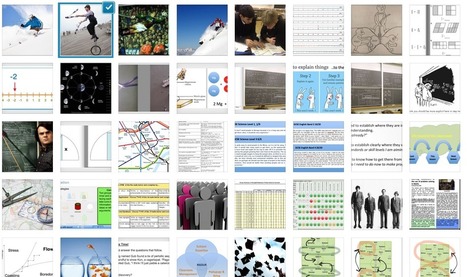


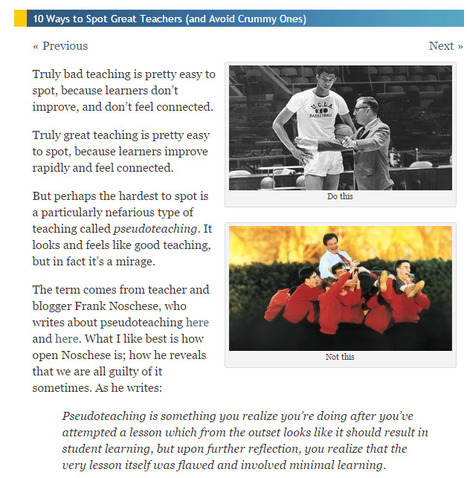







Have you heard of the #TeachStrong movement? Find out more about the movement that seeks to modernize and elevate teaching.
Learn more / En savoir plus / Mehr erfahren:
https://gustmees.wordpress.com/2015/03/15/professional-development-why-educators-and-teachers-cant-catch-up-that-quickly-and-how-to-change-it/
https://gustmees.wordpress.com/2015/03/28/learning-to-learn-for-my-professional-development-i-did-it-my-way/
https://gustmees.wordpress.com/2013/01/23/is-your-professional-development-up-to-date/
http://www.scoop.it/t/21st-century-learning-and-teaching/?&tag=Rise+of+the+Professional+Educator